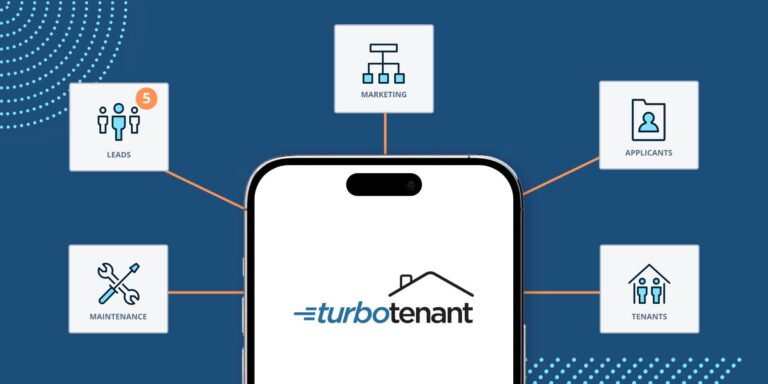12 min read
Beyond Traditional Loans: 14 Creative Financing Options for Real Estate Investing
Creative financing can offer real estate investors options beyond traditional lending from banks. If you have less-than-ideal credit or lack a sizeable...

Rental properties can be profitable and provide landlords with a steady income stream. However, one common question that arises for property owners is, “Is rental income taxable?” The answer is yes; rental income, like other forms of income, is taxable and must be reported on your tax return.
Our comprehensive guide will explain rental income, how the IRS taxes it, and the key considerations you need to keep in mind to manage your rental income taxes effectively.
Accurately identifying and reporting rental income begins with clearly understanding what constitutes rental income. Rental income includes any payment you receive from tenants for using your property. This income can come from residential properties, such as houses, apartments, and vacation homes, or commercial properties, like office buildings and retail spaces.
Ultimately, understanding rental income is essential for correctly calculating the tax paid on it.
Here are some of the different types of rental income you may encounter as a landlord, which are all subject to rental income tax:
Rental income is taxed as ordinary income and is subject to the same federal income tax rates as your other income sources. When you receive rental income, it must be reported on your tax return using Schedule E (Form 1040), which is used to report income or loss from rental properties.
You will add the total rental income to your other sources of income, and the IRS will tax it according to your applicable tax bracket.
Accurately reporting rental income is crucial for several reasons:
Understanding rental income taxes and the importance of accurate reporting can help you manage your properties efficiently and comply with tax regulations. By doing so, you can maximize your investment returns while minimizing liabilities.
Calculating your rental income tax rate involves several steps to ensure accurate reporting to the IRS. Here’s a step-by-step guide:
Landlords can take advantage of various tax deductions to reduce their taxable income. Here are some common deductions available to landlords:
Understanding when your rental income is taxable requires knowing how expenses impact your taxable rental income. It’s important for maximizing deductions and minimizing tax liability. So, is rental income taxable? Again, yes, but deductible expenses reduce the taxable amount.
In addition, deductible expenses impact your net rental income calculation and improve cash flow.
To report rental income on your tax return, use Schedule E (Form 1040). This form is specifically designed to report income or loss from rental real estate. Schedule E is where you will enter all rental income received throughout the year, including rent payments and any other payments related to the property, as we discussed above.
Next, deduct eligible expenses associated with your rental property. Calculate your net rental income after deducting expenses from your total rental income or loss. This figure determines how much rental income is taxable or if you have a deductible loss.
Lastly, you’ll want to ensure compliance with any state or local reporting requirements that may apply to your rental income tax rate.
Effective management of rental income taxes involves strategic record-keeping and tax planning.
First, maintain meticulous records of all rental income and expenses. Keep receipts, invoices, and bank statements organized and accessible.
Second, take advantage of available deductions. Deductible expenses like mortgage interest, property taxes, and operating costs can significantly reduce your taxable rental income. Additionally, be aware of depreciation allowances and other tax breaks specific to rental properties.
Last, stay up to date with tax laws and regulations that affect rental properties. Continuously educate yourself on tax implications and seek professional guidance to adapt your strategy.

Still wondering, “Is rental income taxable?” Allow us to help! TurboTenant can streamline your operations through online rent payments and streamlined property maintenance, making accounting for the most common income (rent) and expenses (repairs/maintenance) a breeze.
Plus, when integrated with REI Hub, an accounting software built specifically for landlords and property owners, you can generate Schedule E forms with just a few clicks, making tax time less stressful.
Sign up for a free TurboTenant account today and see how we make managing your rental properties easy.
12 min read
Creative financing can offer real estate investors options beyond traditional lending from banks. If you have less-than-ideal credit or lack a sizeable...
11 min read
If you came here wondering how to write a lease agreement, look no further. Creating iron-clad rental contracts is essential for protecting the rights...
10 min read
Between the risks of running a business, a volatile and ever-changing real estate market, and the sometimes fickle attitudes of the renting...
Join the 700,000+ independent landlords who rely on TurboTenant to create welcoming rental experiences.
No tricks or trials to worry about. So what’s the harm? Try it today!
TurboTenant, Inc., © 2025
Created in Sunny Colorado